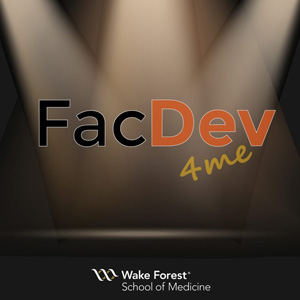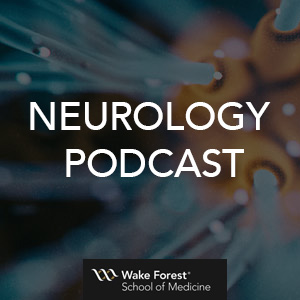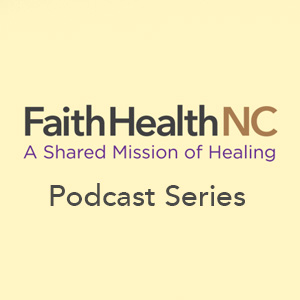 |
WFIRM Regeneratively Speaking Listen to podcasts from Wake Forest Institute for Regenerative Medicine featuring interviews with guest researchers and our institute's faculty covering the latest cutting-edge research on regenerative medicine. |
 |
FacDev4me! - WakeMeducation FacDev4me is the faculty development podcast series that will bring you brief interview-style episodes on a wide range of topics pertinent to faculty in a health professions education setting. Season 1 will include 12 topics, a new one released twice each month. |
 |
Neurology Podcast - WakeMeducation Listen to the Neurology Podcast produced by WakeMeducation |
 |
FaithHealth Podcast Listen to the FaithHealth Podcast with host Emily Viverette for answers, or at least well-informed questions. |
